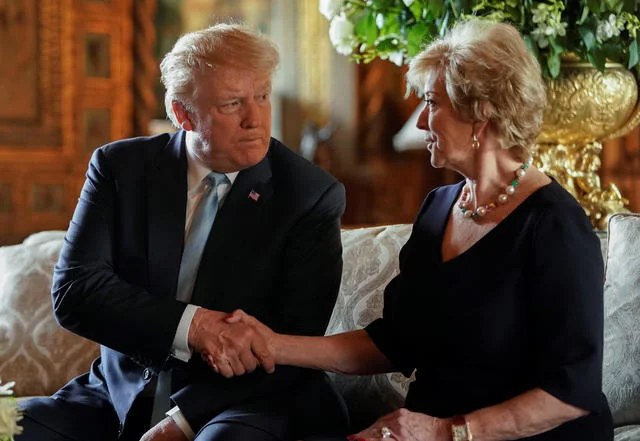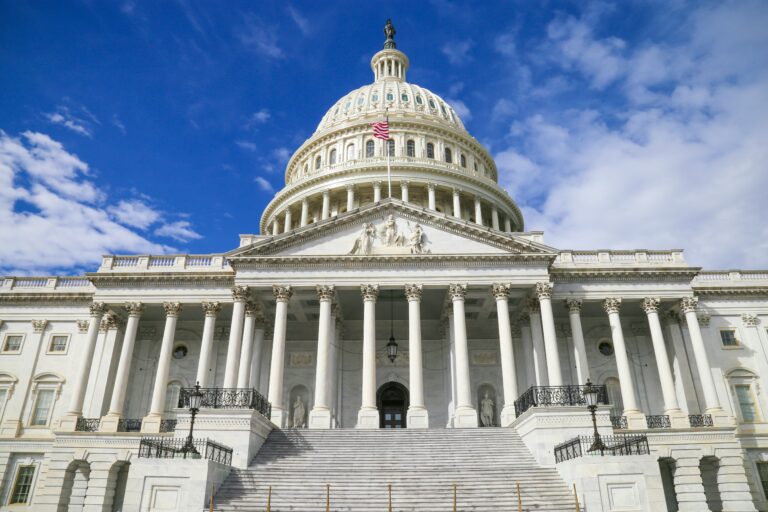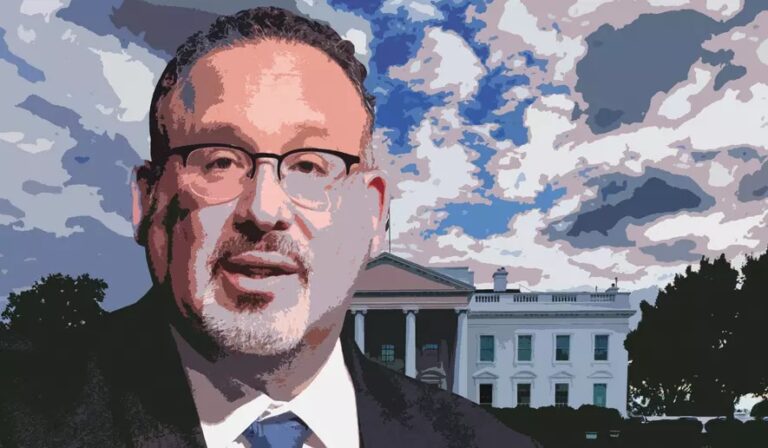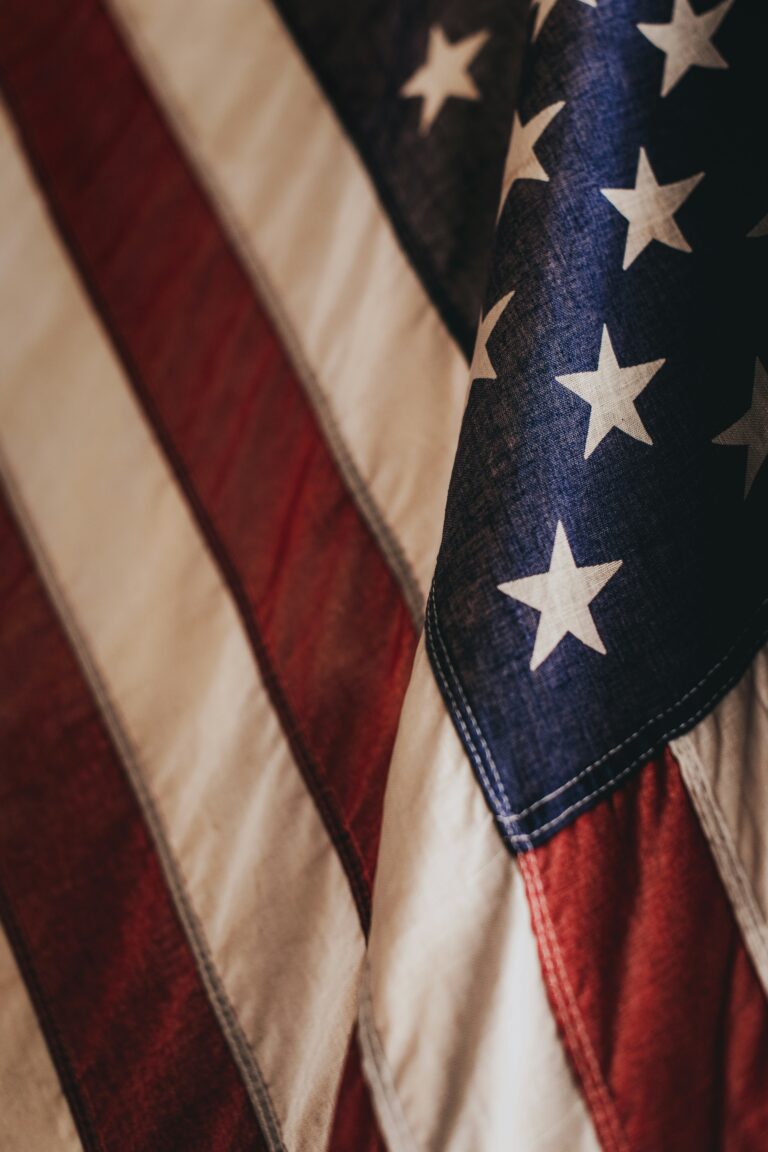China and Russia Collude to Corner the Market on Gunpowder, and Israel, Taiwan, and Ukraine Pay the Price in Blood
The following is authored by Captain Bob “Shoebob” Carey, U.S. Navy (Ret), Executive Director of the National Defense Committee
Who would have thought the relatively small $787 million global market for something called “nitrocellulose” could place Israel’s, Taiwan’s, Ukraine’s, and even the United States’ and its NATO allies’ defense security at risk? But that’s exactly what’s happening right now, largely because China is diverting its worldwide dominance in that market to support Russia’s munitions production in its war against Ukraine.
Nitrocellulose, in addition to being used for such diverse purposes as nail polish and lacquers on Fender guitars, is a crucial component of propellants for modern military bullets, artillery shells, and smokeless gunpowder. But with the Russia-Ukraine war, and Russia now banned from the international market, China’s market power grows because it supplies about half of the world’s market for cotton cellulose, used to make nitrocellulose.
That leads many European security experts and defense companies, like the CEO of major European defense contractor Saab, to warn: “Europe is too reliant on China to make powder for ammunition and risks a supply crisis that could threaten the continent’s security,” that Europe and other Western countries need to relax overly stringent environmental controls on the domestic production of nitrocellulose, and, because Western countries are not producing munitions fast enough, “Ukraine is increasingly out-gunned by Russia, the failure of the West to send enough ammunition to Kyiv is already shaping the war’s outcome” where Ukraine is “slipping towards disaster”.
Meanwhile, while Europe and the U.S. banned nitrocellulose shipments to Russia, China stepped in to make up the shortfall, increasing its own shipments to Russia more than eightfold in 2022 and 2023. Even NATO ally Turkey “contributed to nearly half of Russia’s nitrocellulose imports since the start of the war,” likely reselling European produced nitrocellulose, which led to Russia’s ability to produce three times as many artillery shells as the U.S. and Europe combined and to fire five times more artillery shells per day than Ukraine.
But even with the export controls and the recent military aid bills for Israel, Ukraine, and Taiwan passed by Congress this month, the U.S. is finding it difficult to replenish American munition stocks transferred to Ukraine. That is why recent Congressional action is so important.
Senior Senate Foreign Relations Committee Member Senator Jim Risch (R-ID), joined by 13 fellow Senators and third-ranking GOP House Leader Representative Tom Emmer (R-MN), introduced the “Ammunition Supply Chain Act” on April 18 to force, as Senator Risch stated, “transparency from the Biden administration about the status of our domestic ammunition supply chain.”
While Congress should quickly pass the Ammunition Supply Chain Act and include it in the Armed Services Committee’s reported versions of the Fiscal Year 2025 National Defense Authorization Act, the U.S. still needs to increase domestic production of nitrocellulose.
Jason Vanderbrink, CEO of Vista Outdoor, owner of ammunition manufacturers Remington and Federal, said a “global strain on [nitrocellulose] supply threatens freedom and impacts those who protect and serve and our nation’s hunters and shooters.”
More needs to be done to increase U.S. and European domestic production. While the European defense contractors point out they cannot grow domestic nitrocellulose production without refinement of overly restrictive EU regulations, the number one and two restraints on nitrocellulose projection worldwide are “stringent environmental regulations” and “stringent safety protocol.” Without such refinements, it will not only be Ukraine “heading toward disaster,” but could also be Israel, Taiwan, and even our NATO allies. The time to act is now.
Bob “Shoebob” Carey is a retired U.S. Navy Captain, former national security advisor to two U.S. Senators, former Senior Policy Advisor to the Secretary of Energy, and a member of the Senior Executive Service of the Department of Defense. He serves as Executive Director of the National Defense Committee.






